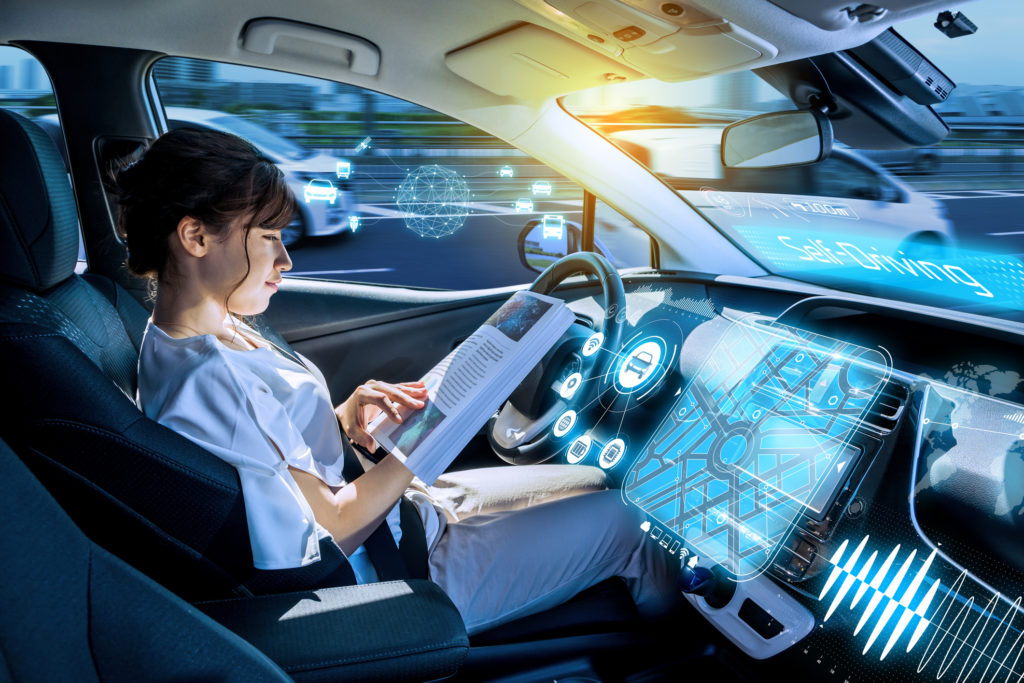You can look at who will be the potential winners and losers in the race to develop fully autonomous cars from a couple of angles. Who will be most successful in developing and marketing one of these cars, and which companies will take risks in the face of obstacles?
Winners and Losers Among Manufacturers
In 2021, Timothy B. Lee of Ars Technica analyzed a number of companies engaged in developing fully autonomous cars using various business models.
Robotaxi Services
Waymo, Cruise, Argo, Motional, Zoox, and Aurora concentrate on robotaxi services. Depth of funding plays a role in the development of autonomous cars, so keep in mind the following:
- Argo – owned by Volkswagen and Ford
- Aurora – a startup that acquired Uber’s self-driving system
- Cruise – owned by Honda, GM, and others
- Motional – owned by Hyundai and Aptiv, an auto-parts supplier
- Zoox – another startup that was acquired by Amazon
Starting with a robotaxi service allows these companies to build data on operating autonomous cars in a city environment. Waymo has the lead in technology. But, companies backed by car manufacturers may be able to scale up to a larger, cross-country operation. In Zoox’s favor, Amazon is very experienced with logistics. On the other hand, Aurora has an easy marketing track with its connection to Uber’s ride-hailing business model. According to Ars Technica, as of May 2021, Waymo had been slow to expand beyond Phoenix, AZ, and that leaves a path open for one of the other companies.
Selling Autonomous Cars Directly to Consumers
This is the model followed by Elon Musk and Tesla. While other manufacturers rely on lidar sensors and HD maps, Tesla’s focus on the consumer market makes those sensors and maps financially impractical. Tesla, however, does have an advantage thanks to access to driving data coming from Tesla owners. Also, relating to the financial backing issue mentioned above, Musk is a risk-taker who is willing to put cars using his beta self-driving software on the road in spite of the fact that it frequently fails test scenarios.
Comma, a start-up created by hacker George Hotz, also rejects lidar sensors. Comma relies on open-source software that steers inputs from smartphone-grade cameras. The software is installed on the consumer’s smartphone and can be easily updated as Comma acquires more data from other drivers. Tesla’s operating system is proprietary, so Hotz is hoping that, if Musk succeeds, other makers of autonomous cars will license their operating system from Comma in order to compete with Tesla.
Mobileye is another maker of autonomous cars with the idea of licensing its software, chips, and sensors to other manufacturers. Mobileye’s business model relies on making gradual adjustments to advanced-driver-assistance systems like lane assist and braking controls until they develop systems that can work together in a fully self-driving car.
Udelv, a company focused on delivery robots, plans to use Mobileye’s technology.
The Effect of Covid-19, Inflation, and Recession on the Development of Autonomous Cars
In an article published online by Medium.com, Chris Lichtmaneker discusses the effect of Covid-19 on the developers of autonomous cars. Established companies engaged in developing innovative, experimental technologies must consider two courses of action when faced with obstacles and challenging environments.
Do they continue to commit resources to develop new products or technologies that may prove impractical, unsustainable, or difficult or impossible to scale or implement? Is it better to commit their resources to the known products, services, and technologies that sustain their companies?
Companies that put new projects on hold may be bypassed by companies that continue developing the new technologies. On the other hand, companies that push new projects that fail may end up having to close. With current economic environment, the question of which path autonomous car manufacturers take remains open, and so does the question of who wins and loses.



















